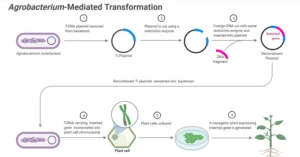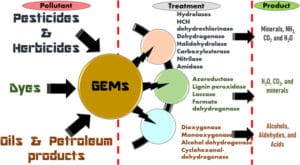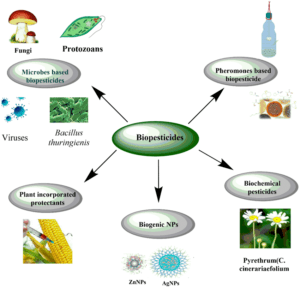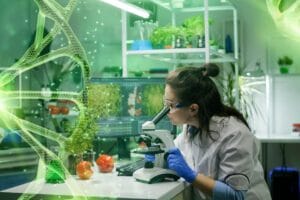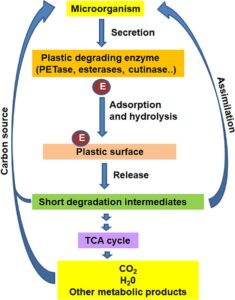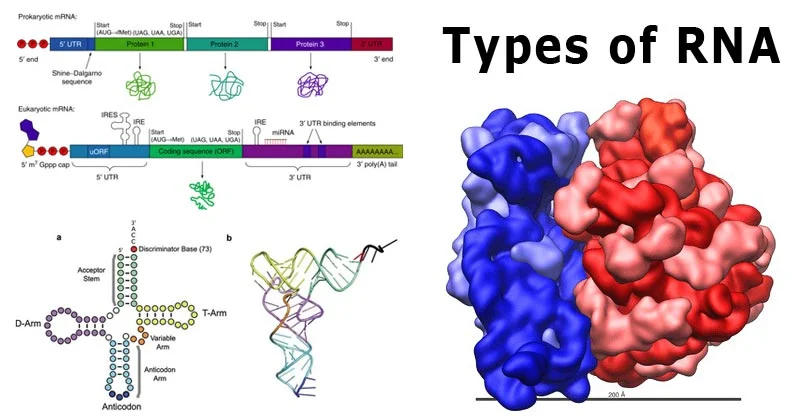Genetically Modified Organisms (GMOs) are organisms (plants, animals, or microorganisms) whose genetic material has been altered using genetic engineering techniques. These modifications aim to introduce desirable traits such as disease resistance, improved nutritional content, or tolerance to environmental stressors like drought or pests.

Applications of GMOs
Agriculture
- Pest Resistance: Crops like Bt cotton and Bt corn have been engineered to produce proteins toxic to certain pests, reducing pesticide use.
- Herbicide Tolerance: GM crops like soybeans and canola can tolerate specific herbicides, making weed control more efficient.
- Improved Yield: Genetic modifications enhance productivity and crop resilience to environmental challenges.
Medicine
- Pharmaceutical Production: GMOs are used to produce insulin, vaccines, and other therapeutic proteins.
- Gene Therapy: Genetically modified viruses deliver therapeutic genes to treat genetic disorders.
- Model Organisms: GM animals like mice are used to study diseases and develop treatments.
Environmental Applications
- Bioremediation: GM bacteria are used to clean up pollutants, such as oil spills or heavy metals.
- Carbon Sequestration: Research is ongoing to engineer plants that can store more carbon in their biomass.
Food Industry
- Enhanced Nutrition: Golden rice, enriched with vitamin A, addresses nutritional deficiencies.
- Longer Shelf Life: GMOs like Flavr Savr tomatoes resist spoilage, reducing food waste.
Advantages of GMOs
- Increased crop yields and food security.
- Reduced need for chemical pesticides and herbicides.
- Improved nutritional content and shelf life of food products.
- Potential solutions for global health challenges, like producing affordable medicines.
Concerns and Criticism
Environmental Impact
- Potential crossbreeding with wild species, leading to biodiversity loss.
- Development of “superweeds” resistant to herbicides.
Health Concerns
- There are allegations of allergenicity or long-term health effects, though studies indicate most GMOs are safe.
- Labeling debates regarding consumer choice.
Ethical and Socioeconomic Issues
- Corporate control over seed production (e.g., patents by biotech companies like Monsanto).
- Reduced options for small-scale farmers due to high costs of GMO seeds.
Regulation of GMOs
Regulation varies globally:
- USA: Overseen by the FDA, USDA, and EPA, with a focus on the safety of products.
- EU: Follows a precautionary principle, with strict regulations and labeling requirements.
- India: Controlled by the Genetic Engineering Appraisal Committee (GEAC), which assesses environmental and food safety.

